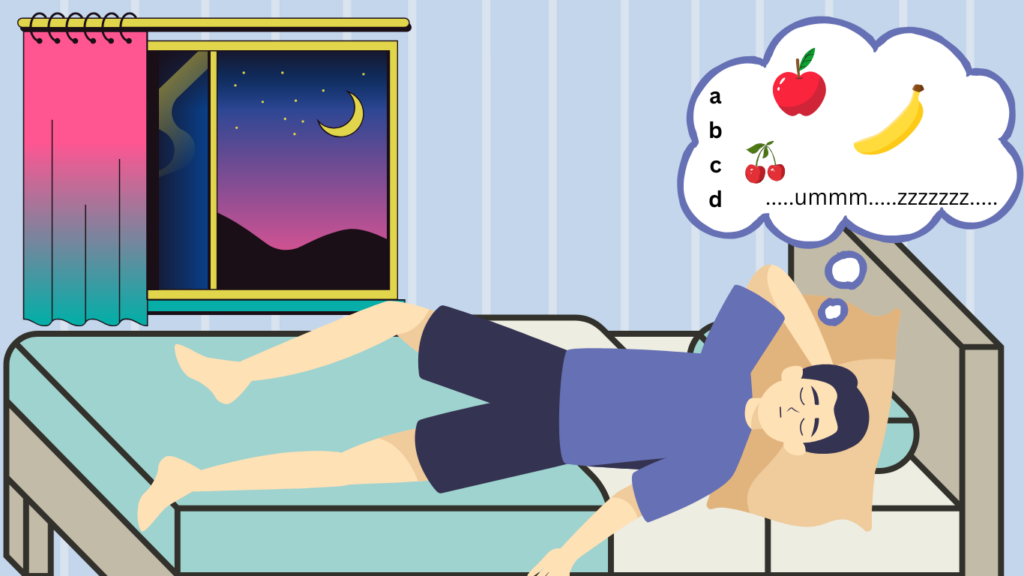Cognitive Games to Help You Fall Asleep
Falling asleep can be tough. When you have a lot on your mind, it’s hard to let go of it all just because you settle into your bed for the night. If that sounds familiar, you might be able to use cognitive games to help you fall asleep.
That feeling of your mind spinning around, worrying, thinking about what you need to do, dreading the next day – it’s known by various names. Monkey mind, mental chatter, restless mind, racing thoughts. Whatever you call it, when it keeps you up at night, it’s bad.
There are plenty of techniques that can help you bypass that dreaded feeling:
- Meditation. Yeah, meditation is great. Being able to clear your mind enough to relax and fall asleep is one of the major benefits it provides. We are all for meditation. The trouble is, if you don’t practice regularly and get good at it, you can’t just conjure up a meditative state when you can’t sleep. Good long-term solution but might not help much on that one night before a big presentation.
- Reading. This is a good one if you like to read. Not all reading is conducive to falling asleep though. Nothing work-related, no suspense thrillers, or stressful political materials allowed. Calming, soothing, upbeat stuff only. Yes, this might mean boring. As long as it keeps your interest enough not to irritate you, but isn’t stimulating, it could be a good choice.
- Deep breathing. Lying in bed, you can easily focus on your breath. There are quite a few recommended breathing techniques that seem to help the mind and body relax and drift into sleep.
- Watching TV or phone scrolling. This is definitely distracting and can keep your mind off whatever it gravitates to thinking about when things are quiet and you’re unoccupied. It’s not the best thing for your sleep though. The blue light keeps your brain from recognizing it’s nighttime, and it’s usually not the most mentally relaxing activity. But if it helps you get past the mental noise, it can help.
There’s another system that helps a lot of people occupy their minds at bedtime. My own mom has used this for years and says it really works for her.
What Are Cognitive Games?
In the context of falling asleep, what we mean by cognitive games is doing simple activities in your own head until you drift off. The most basic, and the one most people are familiar with, is what they ask you to do when you get anesthesia.
One hundred…ninety-nine…ninety-eight…ninety-sevvvveee…………zzzzzz.
The idea is to challenge your mind enough that you don’t go back to thinking or worrying, but not so much that it strains your brain and keeps you awake.
Word games are great for falling asleep too. Try using the alphabet to name whatever you want. Starting with “A” try to think of cities, dog breeds, car models, foods, people you know, anything that has a pleasant or neutral connotation for you. This one is a favorite of Mom’s. She swears by it and says she usually dozes off when she gets stuck on a letter.
Another she likes is to name the U.S. Presidents in order, or the states capitals. Yep, she’s a smarty. I can’t do that.
Do the Cognitive Shuffle
A closely related technique that has gone viral recently is called the cognitive shuffle. Cognitive Scientist, Dr. Luc P. Beaudoin, has developed this technique and has recently released an app called mySleepButton that guides you through this cognitive shuffle.
As Dr. Beaudoin describes, “mySleepButton helps you replace your internal mental dialog with a dreamy parade of sundry images that might be more conducive to sleep.”
If you struggle with calming your mind enough to fall asleep, try one of these tricks and see if it helps.
Good luck and good night!

